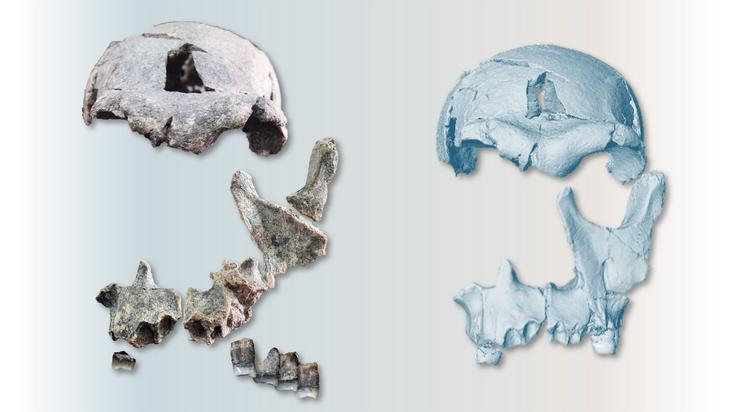Mental Decline Predicts Stroke Risk
Older people whose minds are slipping are at greater risk of stroke, a new study finds.
A stroke, the third leading cause of death in the United States, occurs when clots or ruptures in blood vessels reduce the flow of blood to the brain. About 137,000 U.S. residents die of stroke every year, and many more are disabled.
"Making early identification of people at high risk of stroke extremely important, so preventative measures can be taken," said study author Dr. Bernice Wiberg at Uppsala University in Sweden.
In the study, 930 Swedish men around age 70, with no history of stroke, took three mental tests to measure, among other things, the ability to execute and modify a plan. Their health outcomes were then monitored for 13 years.
The participants who scored in the bottom 25 percent on the test measuring the ability to execute and modify a plan were three times more likely to have a stroke or stroke symptoms compared with those who scored among the top 25 percent. The other two tests, which measured attention and visual-motor abilities as well as one commonly used by doctors to measure cognitive decline in people with suspected dementia did not predict stroke.
"Our results support the idea that cognitive decline regardless of whether a person has dementia may predict risk of stroke," Wiberg said, adding that the mental test "is a simple and cost-effective test that, with more research, could be used to identify those persons for whom stroke prevention measures should be considered."
The findings are detailed in the Feb. 2 issue of Neurology, the medical journal of the American Academy of Neurology. The research was supported by the university and several Swedish health organizations.
Get the world’s most fascinating discoveries delivered straight to your inbox.
Other risk factors for stroke include smoking, drinking, lack of exercise and a family history of strokes. High blood pressure and high cholesterol are both predictors of stroke, as are obesity and diabetes.
- What Is a Stroke?
- 10 Ways to Keep Your Mind Sharp
- Top 10 Amazing Facts About Your Heart



